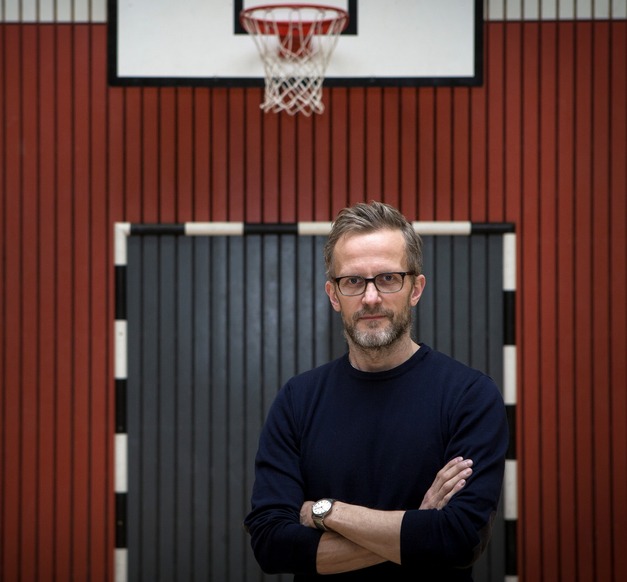Viðar Halldórsson, assistant professor at the Faculty of Social and Human Sciences
The last few years have been good for Icelandic sports enthusiasts, as Icelandic national teams in various disciplines have had great success in international tournaments, and thus made the Icelandic nation happy. "The results of our national teams in soccer, handball, basketball and group gymnastics have caught attention worldwide; not only how a tiny country can reach this success level in group sports in general, but also simultaneously in many sports," says Viðar Halldórsson, assistant lecturer, who has studied the success of Icelandic national teams from a sociological perspective.
Viðar Halldórsson
"This is a complex interplay of various factors that come together at the right time and enable this tiny nation to compete with the best."

"Various theories have seen the light of day regarding this success, most of them based on single individuals. There is, for example, talk of single coaches or players, and facilities and dynamic training amongst Icelandic children and teenagers as key to this success. We are, however, not unique in this respect. There are many much larger nations with outstanding coaches and players, much better facilities, more funding and youth activities that do not reach the same results. It is thus my belief as a sociologist that we need to seek explanations in the Icelandic social and cultural environment of sports," says Viðar. There are various elements in Icelandic history and social structure at play that give Icelanders teams that are stronger than any one individual.
Viðar's task is anything but simple. "This is a complex interplay of various factors that come together at the right time and enable this tiny nation to compete with the best. We must study the traditions, modus operandi and approaches that have been formed through the years. The taks at hand is to register all of these factors one by one," says Viðar and adds: "The results are important when considering how you build success which cannot only by used in sports but in other aspects of society."


